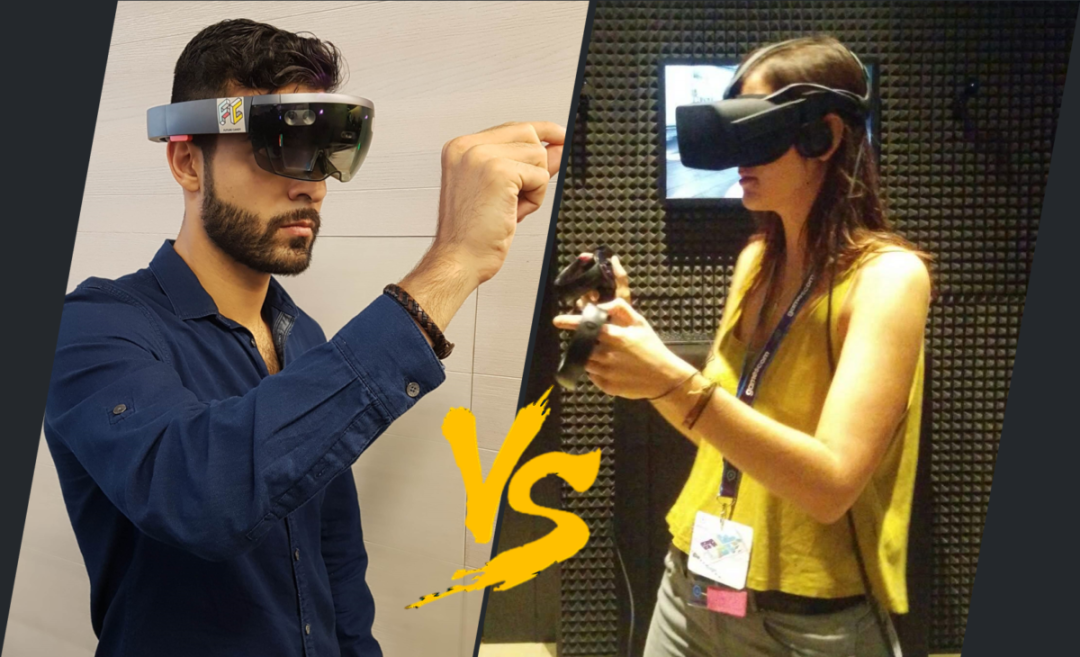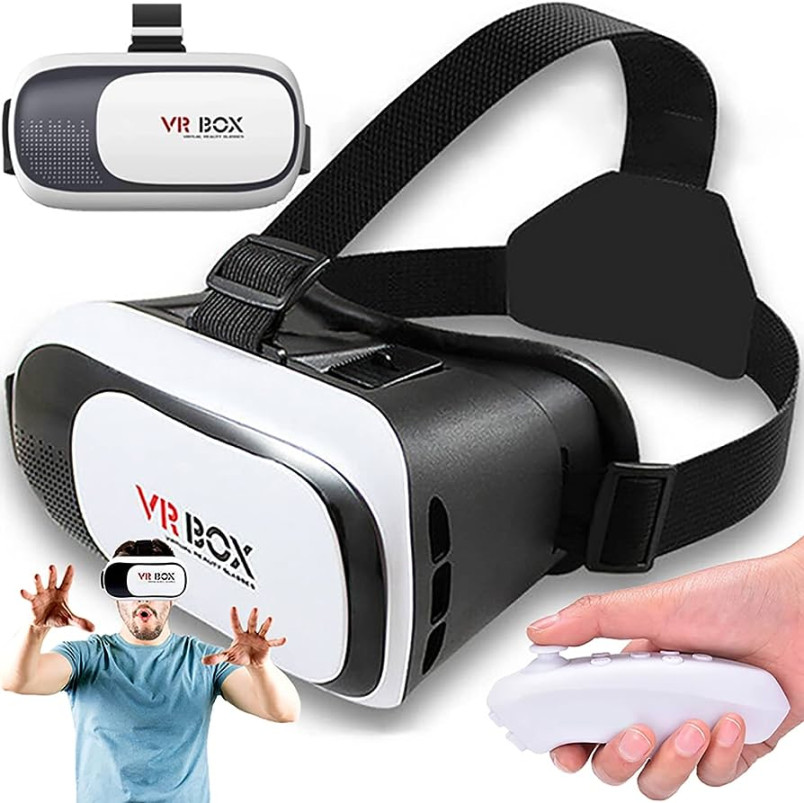Virtual Reality (VR): Revolutionizing the Way We Experience the World
What do you mean by Virtual Reality?
Virtual Reality (VR) refers to a computer-generated simulation of a realistic three-dimensional (3D) environment that can be interacted with and explored by individuals using electronic devices, such as headsets or goggles. This immersive technology creates a sensory experience that simulates the physical presence in a virtual world, allowing users to interact with and manipulate objects or perform actions in a seemingly real or imagined environment.
How does Virtual Reality work?
Virtual Reality technology operates on the principle of combining computer-generated visuals, audio, and sensory feedback to provide users with an immersive experience. It typically involves the use of a VR headset, which consists of a display screen for each eye, motion sensors, and sometimes hand controllers or haptic feedback devices. The headset tracks the user’s head movements and adjusts the display accordingly, creating a sense of presence and depth.

Virtual Reality content is usually developed using specialized software and tools that allow designers to create interactive virtual environments. These environments can be based on real-world locations, fictional settings, or even entirely abstract concepts. The content is then rendered in real-time, allowing users to explore and interact with the virtual world as if they were physically present within it.
What is known about Virtual Reality?
Virtual Reality has gained significant attention and popularity in recent years, with applications ranging from entertainment and gaming to education, healthcare, and even workplace training. The technology offers a unique way to engage users and enhance their experiences, providing a level of immersion that traditional media cannot achieve.

One of the most well-known VR devices is the Oculus Rift, which was developed by Oculus VR and acquired by Facebook. This high-end VR headset paved the way for widespread consumer adoption and brought Virtual Reality into the mainstream. Other notable VR devices include the HTC Vive, PlayStation VR, and Samsung Gear VR.
Virtual Reality has found applications in gaming, where players can fully immerse themselves in virtual worlds and interact with characters and objects in a more natural and intuitive way. It has also been used for virtual tours of real estate properties, allowing potential buyers to explore homes remotely.
The Solution: Virtual Reality’s Impact on Various Industries
Virtual Reality has the potential to revolutionize various industries by transforming the way we experience and interact with the world. Let’s delve into some key areas where VR is making a significant impact:
1. Entertainment and Gaming:
The entertainment industry has embraced Virtual Reality, offering immersive gaming experiences that transport players into virtual worlds. From action-packed adventures to realistic simulations, VR gaming provides a level of engagement and excitement that traditional gaming cannot match.
2. Education and Training:
Virtual Reality has immense potential in education and training. It allows students to explore historical events, scientific concepts, or even distant locations without leaving the classroom. VR simulations are also utilized in occupational training, providing realistic scenarios for practicing skills and enhancing learning outcomes.
3. Healthcare and Therapy:
Virtual Reality is being leveraged in healthcare for therapeutic purposes, such as pain management, phobia treatment, and exposure therapy. It enables patients to undergo immersive experiences in a controlled and safe environment, aiding in their treatment and recovery.
4. Architecture and Design:
Architects and designers can use Virtual Reality to create interactive 3D models of their projects, allowing clients to explore and visualize spaces before construction begins. This helps in better communication, decision-making, and identifying design flaws or improvements.
5. Tourism and Travel:
Virtual Reality offers the potential to revolutionize the tourism industry by providing virtual tours of destinations and attractions. Travelers can experience a taste of their desired locations, helping them make informed decisions and plan their trips more effectively.
Conclusion
Virtual Reality is a groundbreaking technology that has the power to reshape various industries and redefine how we perceive and interact with the world. Its immersive nature, coupled with advancements in hardware and software, has opened up new possibilities for entertainment, education, healthcare, and beyond. As Virtual Reality continues to evolve, we can expect to see further innovations and applications that enhance our everyday lives and transform our experiences.
Unique FAQs about Virtual Reality
1. Can I use Virtual Reality without a headset?
No, a VR headset is essential to experience Virtual Reality fully. It provides the necessary display and tracking capabilities to create an immersive experience.
2. Are there any health risks associated with using Virtual Reality?
In general, Virtual Reality is considered safe. However, some individuals may experience discomfort or motion sickness during prolonged use. It is recommended to take breaks and adjust the VR settings to minimize any discomfort.
3. Can Virtual Reality be used for social interactions?
Yes, Virtual Reality enables social interactions through multiplayer VR games and virtual meeting spaces. Users can connect with each other and collaborate in a shared virtual environment.
4. What are the future possibilities of Virtual Reality?
The future of Virtual Reality holds immense potential. We can expect advancements in graphics, haptic feedback, and artificial intelligence, further enhancing the realism and immersion of VR experiences. Virtual Reality may also find applications in areas such as remote work, therapy, and communication.
5. Is Virtual Reality only for gaming?
No, Virtual Reality has applications beyond gaming. It is being used in education, training, healthcare, architecture, and tourism, among others. VR technology has diverse applications that cater to various industries and interests.